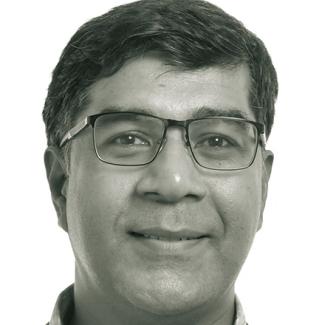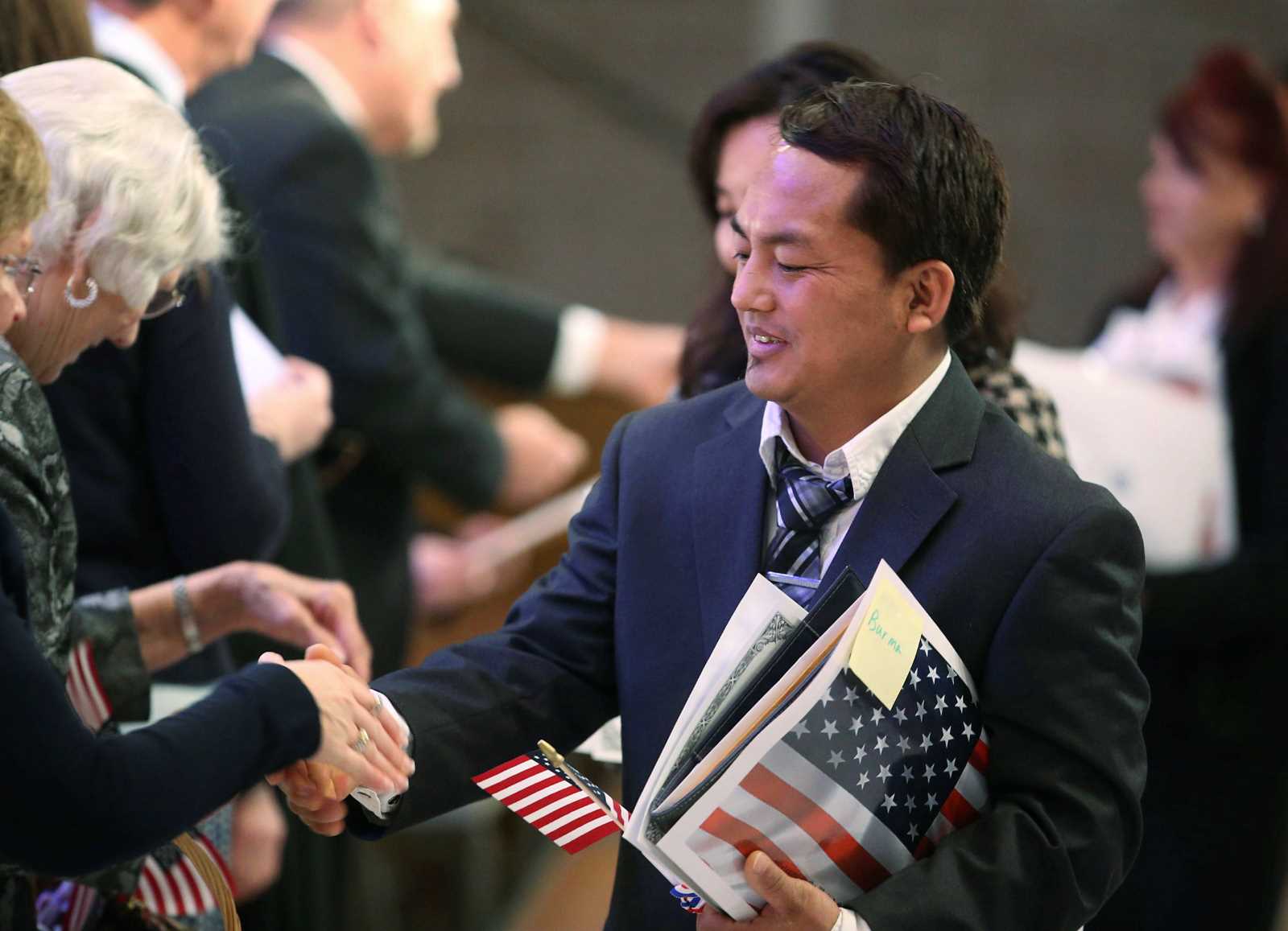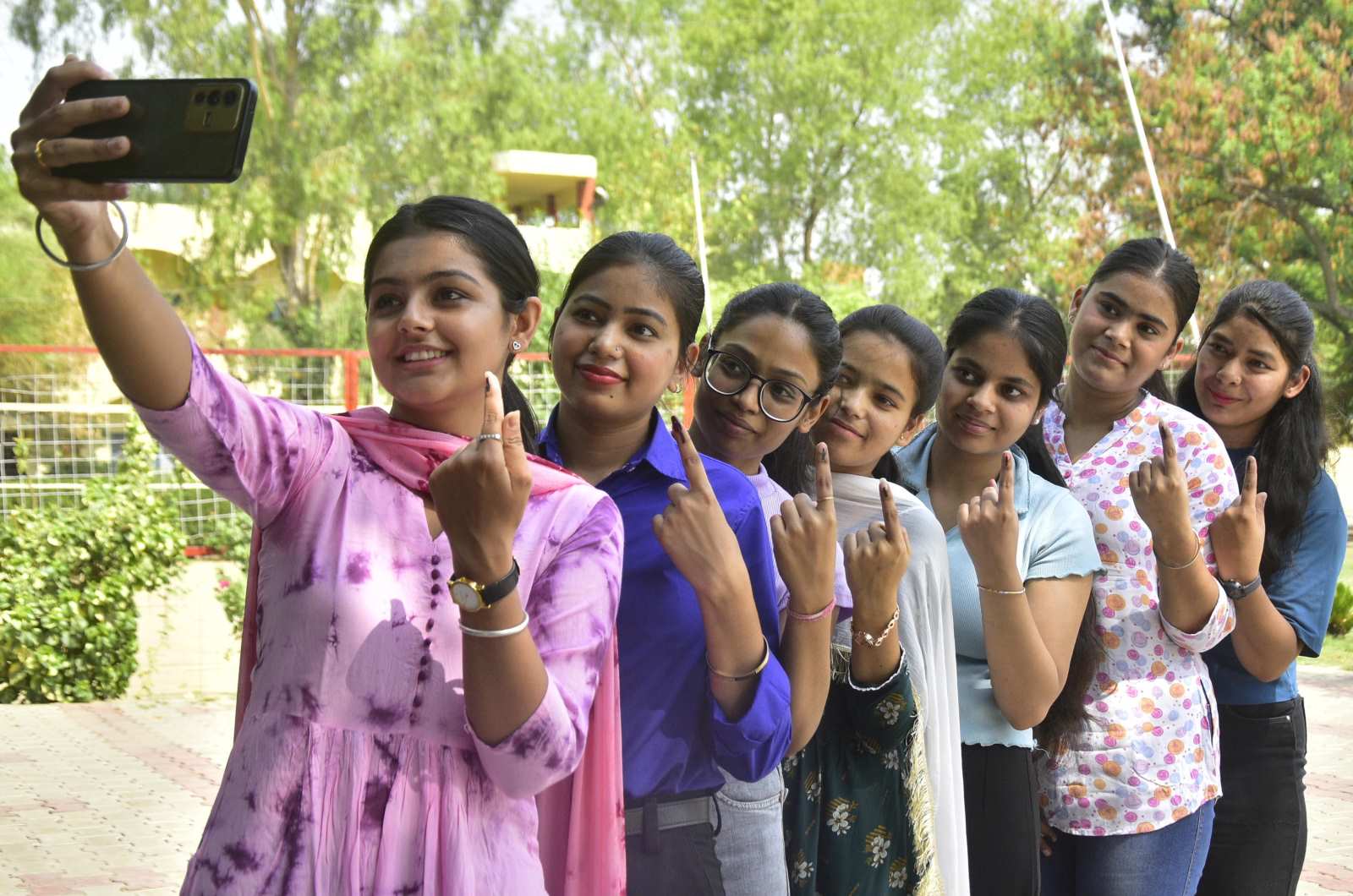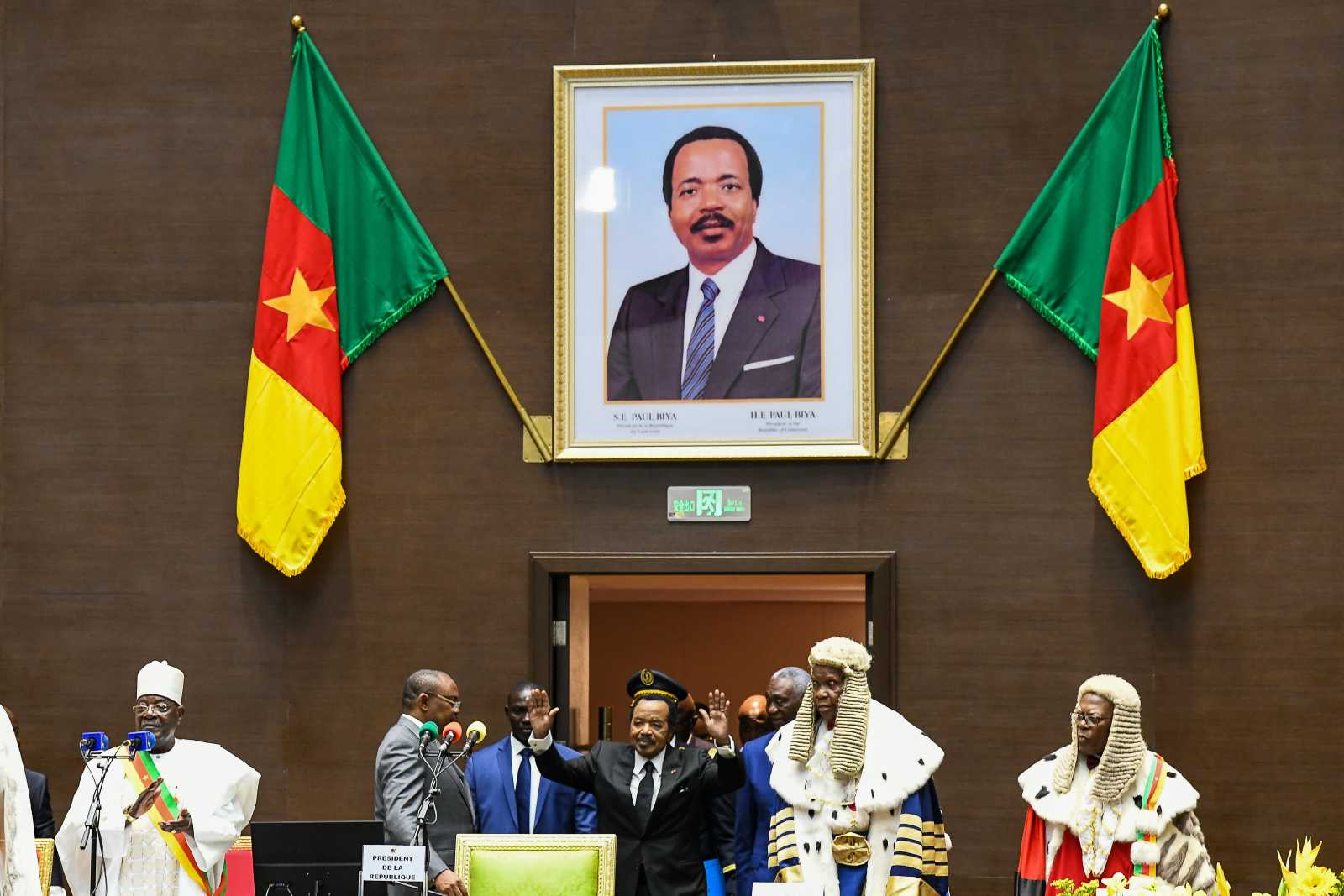Democracy
The sudden fall of Bangladesh’s autocratic prime minister
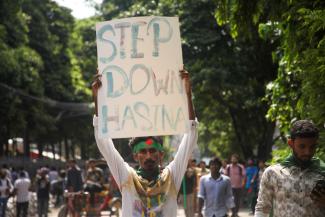
Bangladeshi students were demonstrating for equal opportunities in public employment. A 30 % quota was reserved for descendants of freedom fighters who participated in the country’s 1971 liberation war against Pakistan. Another 26 % of the jobs were reserved for various other groups such as women. Only 44 % of public jobs were merit-based. In a society with a high unemployment rate that was untenable.
In 2018, Hasina had actually repealed all quotas in view of previous protests. However, descendants of freedom fighters brought a legal case, and the High Court restored the quota systems. When students again took to the streets this July, the Awami League, Hasina’s party, opted for a brutal clamp down on the initially peaceful rallies.
Blood-drenched July
On 14 July, Hasina sarcastically asked whether the children of those who had collaborated with the Pakistan Army in the liberation war deserved quotas. Some protesters responded in an equally sarcastic manner, declaring they all descended from collaborators. Repression became worse.
On 19 July, a curfew was imposed, but not respected. The army was called in. The government issued a shoot-on-sight order. In the next few days, some 70 to 80 people were killed daily.
On 21 July, the Appellate Division of the judiciary overturned the earlier High Court ruling, declaring the quota system void once more. Nonetheless, the rallies went on, now demanding justice for the dead. Parents and the general public joined the protests. The death toll kept rising.
When millions were expected to take part in an all-out march on the capital city Dhaka on 5 August, the army refused to continue the bloodshed. Hasina was told she had 45 minutes to resign, and her son Joy helped to persuade her to quit. Hasina fled to India, which had supported her increasingly authoritarian rule.
On 8 August, an interim government was formed. Its top leader is Nobel peace laureate Muhammad Yunus, who pioneered microfinance with the Grameen Bank. That the student leaders wanted him in this role shows that they are interested in pragmatic solutions. It is quite evident, moreover, that they enjoyed support from all walks of life as well as the opposition parties.
Hasina’s history
Hasina is the daughter of Sheikh Mujibur Rahman, Bangladesh’s independence leader. Mujib and his entire family were killed in a military coup in 1975 – only Hasina and her sister survived because they were abroad. Mujib had turned Bangladesh into a one-party state, led by his Awami League. Hasina spent years in exile, but later returned and became that party’s leader in 1981.
In multi-party elections, she became prime minister for the first time in 1996. She returned to power after winning the 2008 elections, which were overseen by a caretaker government. She then repealed the constitutional system of caretaker governments preparing and running competitive elections. She stayed in power by winning sham elections in 2014, 2018 and 2024.
Hasina’s regime was ruthless and autocratic, answerable to none. It was known for limitless corruption and laundering money overseas.
Many now speak of Hasina’s fall as the “second independence”, the first being the victory in the liberation war. It is disconcerting, however, that an unruly mob captured and looted Hasina’s residence and vandalised many national iconic buildings, including Sheikh Mujib’s historic residence. Even more troubling, there were incidents of anti-Hindu rioting.
The challenges ahead
It is uncertain what’s next for Bangladesh. Law and order are in disarray. Parts of the country are suffering devastating floods. However, the people are resilient and hope to see a better future. Yunus has promised a transition to democracy based on a fair and free, multi-party election. The timeframe for that election has not been announced.
Perhaps the biggest challenge for the interim government is to organise at least one credible, broad-based party with a focus on inclusive development. Otherwise, the BNP is likely to rise to power again. It is the Awami League’s long-standing antagonist. The BNP ran the country from 1991 to 1996 and again from 2001 to 2006. Its reputation, however, is only marginally better than the Awami League’s.
Ridwanul Hoque was formerly a law professor at Dhaka University.
ridwandulaw@gmail.com
